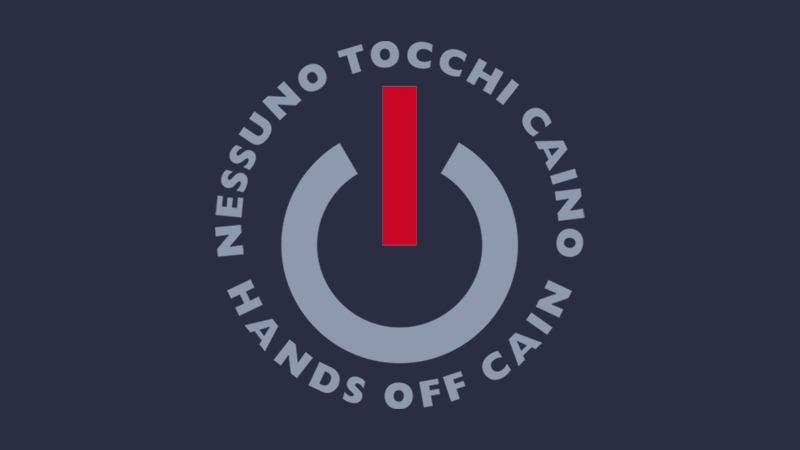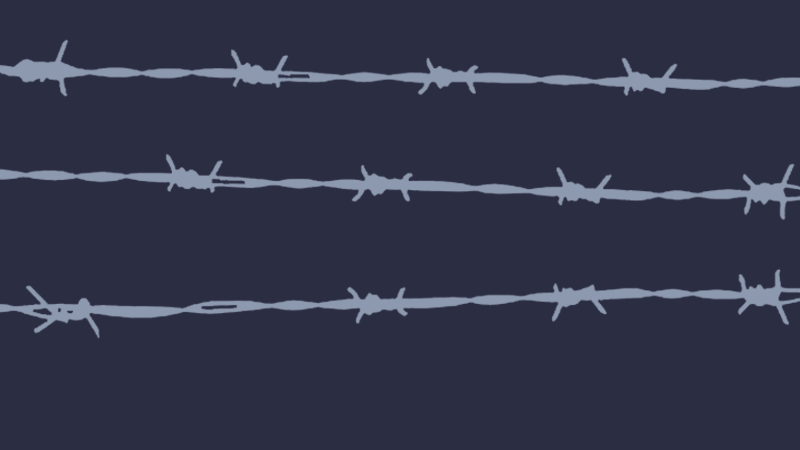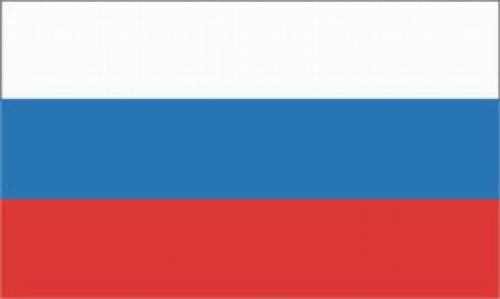government: presidential parliamentary democracy
state of civil and political rights: Partly free
constitution: 12 December 1993
legal system: based on civil law system; judicial review of legislative acts
legislative system: bicameral Federal Assembly (Federal'noye Sobraniye) consists of the Federation Council (Sovet Federatsii) and the State Duma (Gosudarstvennaya Duma)
judicial system: Constitutional Court; Supreme Court (penal, civil and administrative); High Court of Arbitration (economic disputes). Judges are appointed by the Federal Council on recommendation of Head of State
religion: 87% Russian Orthodox; 5% Catholic; 3% Protestant; Muslim and Jewish minorities
death row:
year of last executions: 2-9-1996
death sentences: 0
executions: 0
international treaties on human rights and the death penalty:International Covenant on Civil and Political Rights
1st Optional Protocol to the Covenant
Convention on the Rights of the Child
Convention Against Torture and Other Cruel, Inhuman or Degrading Treatment or Punishment
6th Protocol to the European Convention for the Protection of Human Rights and Fundamental Freedoms (concerning the abolition of the death penalty) (signed only)
Statute of the International Criminal Court (which excludes the death penalty) (only signed)
situation:
Russia is committed to abolishing the death penalty as a member of the Council of Europe (since February 28, 1996). In the meanwhile, a moratorium on executions is in place. The death penalty is a legal punishment for crimes committed in peacetime and in wartime. The Constitution of the Russian Federation provides for the death penalty as an exceptional punishment for especially grave crimes threatening life. With the introduction of the Criminal Code of the Russian Federation of 1996 the number of capital offences was reduced from 33 to five. These are: premeditated murder with aggravating circumstances; assassination attempt against a state or public figure; assassination attempt against a person administering justice or conducting a preliminary investigation; assassination attempt against a law enforcement officer and genocide. However, the five crimes that were retained were those that had previously accounted for the majority of death sentences. Russia’s moratorium on executions has been in place since 1996. Former president Boris Yeltsin imposed it when Russia joined the Council of Europe on February 28 of that year. A draft moratorium law was rejected by the Parliament on March 14, 1997. On June 2, 1999 President Yeltsin issued a decree commuting the death sentences of the 716 death row inmates to life or 25 years in prison. The current president, Vladimir Putin, refuses to lift this moratorium despite soaring crime and strong public support for the death penalty. The retention of the moratorium has become completely dependent on the political will of the president since, on January 1, 2003, a new trial by jury system became official throughout the country. That removed the other obstacle to the application of the death penalty posed by the Constitutional Court, that in February 2000 had ruled that no court could sentence a person to death until this system was introduced in Russia. Under Russia's new Criminal Procedure Code - which entered into force on July 1, 2002 - the jury determines guilt or innocence and the judge decides the sentence. In July 2003 the Kremlin said that a moratorium on the death penalty will be in force until January 1, 2008, by which date jury trials should be the norm across the whole of Russia. According to plan, jury courts were to be operative by 2004 in all regions except Chechnya where they are scheduled to be introduced on January 1, 2008. The last execution in Russia took place on September 2, 1996. On May 26, 2006 Chechen carpenter Nur-Pashi Kulayev, the sole surviving suspect from the Beslan school siege was sentenced to life by a court in southern Russia. "Kulayev deserves the death penalty, but is sentenced to life in prison because a moratorium is in place," the judge said.
Russian Deputy Prosecutor-General Nikolay Shepel, who had called for the death penalty, said he was satisfied with the verdict and would not appeal. However, Chechen separatist authorities apply Sharia law and generally shoot dead people accused of being “national traitors” for collaborating with federal authorities. According to Chechen government sources cited by the Russian news agency Interfax, the first execution under a Sharia court ruling in Chechnya was carried out on August 5, 1996 when rebels shot dead the head of the Vedeno district administration. Hands Off Cain counted 14 reported executions in separatist Chechnya in 2002, whereas in 2001 the known total was 21. There were no reported executions in Chechnya in 2003, 2004 and 2005. On the other hand, international organizations accuse Russia of summary executions, rape, torture and disappearances since its troops swept into the breakaway republic in October 1999 in a bid to crush separatist forces.
Russia co-sponsored and voted in favour of the resolution on the death penalty approved by the UN Commission on Human Rights on April 20, 2005.











